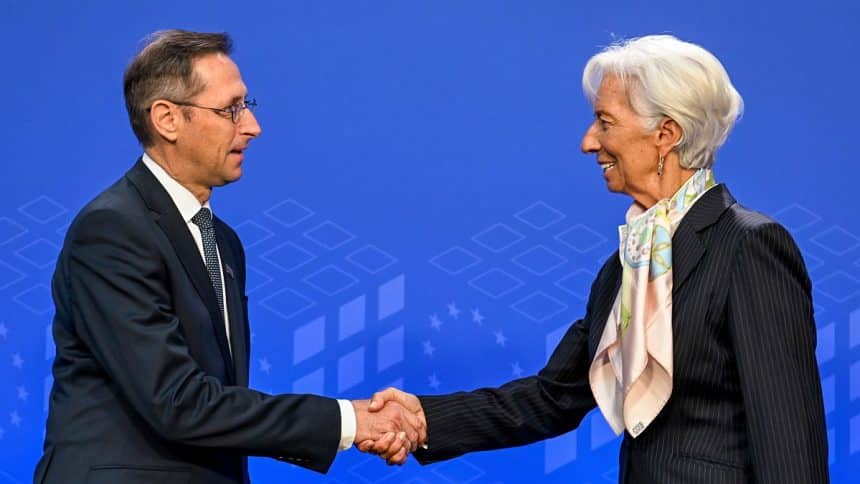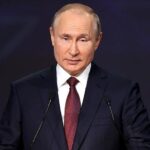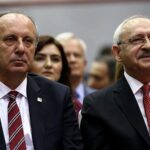EU finance ministers met in Budapest for an informal meeting focusing on several pressing issues, including climate policy, the ageing population, and the green transition.
During the talks, officials stressed the need for Hungary to improve the consistency and transparency of its climate policies. Hungarian Finance Minister Mihály Varga said that the country aims to achieve this goal in a manner that also contributes to competitiveness.
“The new element of the discussion was how to mobilise existing disposable incomes and how to increase other types of investments, which Europe needs for economic growth,” he said at the press conference on Friday.
Varga added, “This was an informal meeting, so no decisions were taken this time, but the large number of participants and the fact that most member states were represented at a high level this time can be considered a success for the Hungarian Presidency.”
Varga also said he was pleased with the attendance despite many countries boycotting the event. Only up to nine EU finance ministers took part in the meeting.
He noted that all EU countries were represented, “mostly at a high level.”
- EU Commission will use ‘all powers’ to stop Hungary from bussing migrants to Brussels
- Belgium strongly rejects Hungary’s ‘provocation’ to bus migrants to Brussels
Why is there a boycott?
Hungary currently holds the six-month rotating presidency of the EU Council, which involves coordinating policy and hosting various informal ministerial meetings during this period.
However, following Hungarian Prime Minister Viktor Orbán’s self-proclaimed “peace mission” to Moscow in July to meet with Russian President Vladimir Putin, several EU countries declared a boycott of the Budapest meetings organised under Hungary’s EU Council presidency.
The European Commission, led by President Ursula von der Leyen, also announced it would boycott the Budapest meetings, stating that no commissioners would participate.
Euronews










